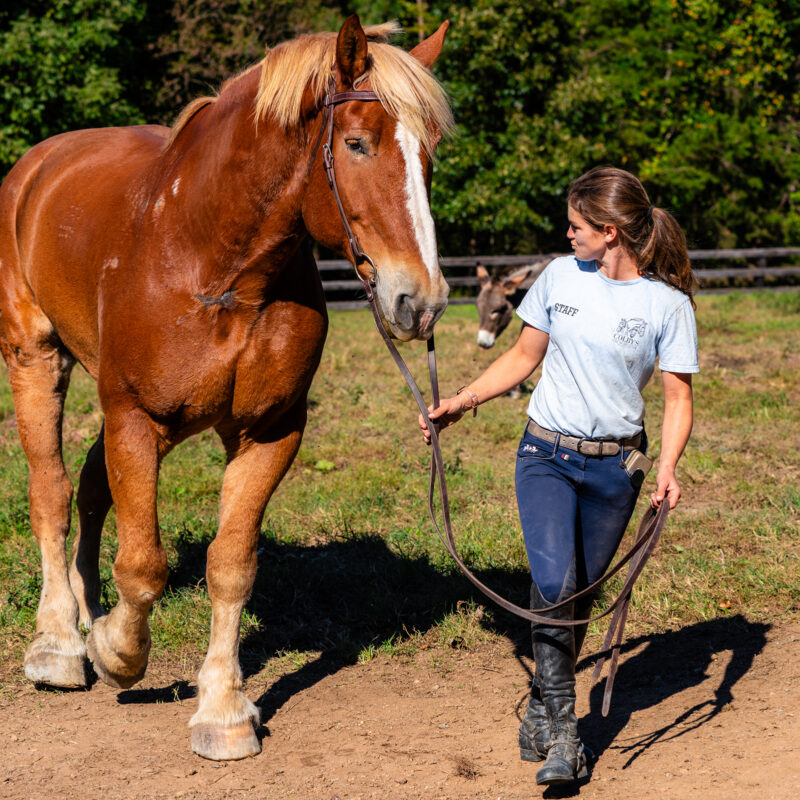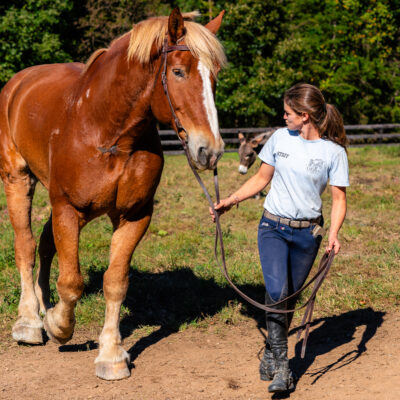Players’ club
Life’s a game. And through the 20 odd years of playing, I’ve discovered a few key character traits about myself worthy of note. Like the thimble in Monopoly, I am practical, pragmatic, and ultimately risk-averse. Risky decisions oftentimes result in me seeking the low-risk, most stable alternative. As the youngest of four siblings in a boisterous, rather passionate family, I’ve grown as a conflict-avoidant young person. Master of changing the subject by mentioning the weather, I steer clear of combative scenarios, including petitioners and activists who roam Downtown.
As someone who believes in being sensitive to the needs of others (probably a product of working in the nonprofit industry), I tend to be very concerned with the thoughts and feelings of those around me. Some would argue that those character traits make for a well-rounded individual, but when a friend of a friend extended an invitation to a spot at the table of his weekly game night, the sinking feeling that my risk-averse nature would make for a failure of a gamer began to set in.
Going into my first game night, I felt the experience was going to be a trial, similar to a first book club meeting: Would he fit in? Would he keep up? Does he get games? Question upon question crept into my head as I entered a room of acquaintances and strangers. The organizer of the weekly game night, Brian—a tech guy with such an abiding interest in gaming that he is a member of national board game leagues and an investor in start-up board games—introduced me to the six other gamers, all prepared for play, all sharing Brian’s undoubtable love of board games.
I introduced myself to the gamers and maintained my high sense of social awareness as I tried to make a good first impression by listening intently, unintentionally mirroring body language, repeating names, and laughing when necessary. Frankly I did not understand this local subculture of board gamers, so when Brian pulled out the game of the night from a bookshelf filled with space- and medieval-themed games, I knew I did not belong. The game, Cosmic Encounter, called for each of the seven players to rule a planet and possess a number of spacecrafts. The object of the game was to get my spacecrafts on five other players’ planets by compromise (mutually agreeing to settle on their planet) or by attack (playing against the gamer and either winning or retreating). Either option began with a period of conversation and negotiation and each player throwing down a card indicating one action or another—a classic case of prisoner’s dilemma.
Within 20 minutes of the game, I noticed a funny feeling, the kind one gets when so totally engrossed in a board game that he forgets societal rules and norms. I found myself acting out of character and losing sight of the person I was in normal situations with friends. A moment came to wager a number of spacecrafts for a particular battle; understanding that the object of this game was to win, and only for me to win, I made a risk—a high risk—and wagered half of my spacecrafts.
The high risk paid off in high reward and a rush of adrenaline passed through my body. I felt like George Clooney in Ocean’s 11 walking away with millions. Without realizing it, I was becoming all of the things I never dared to be in non-board game life, calling out gamers on shady cosmic exchanges with the purpose of inflicting collective doubt on their trustworthiness, placing high bets, and looking out for my self-interest while appearing modest and honest.
The final round of Cosmic Encounter came down to an exchange between me and Chad, a friend who knew me—my mannerisms, my personality—from real life. If both Chad and I compromised, we’d both win. If one of us attacked and the other compromised, the attacker would win. And if we both attacked, the individual with the highest number on the attack card would win. In my Black Swan alter-ego, I proposed to Chad that we both compromise and end the three-hour match as co-winners.
With a look of suspicion on his face, I assured Chad that I did not have any high-scoring attack cards, so it wouldn’t be wise to attack. Additionally, I assured Chad that he could trust me. Looking him straight in the eye, I told him to reflect on my trustworthy personality, my conflict-avoidant and win-win nature, and with a subtle look of empathy on my face, gave Chad my word. On the count of three, we drew our cards: Chad revealed he compromised, I revealed an attack. But not just any attack. I played the double whammy/draw-four-wild/go to jail card equivalent of attack.
Gasps were heard around the room and the look of shock on Chad’s face was beyond any look I had seen before. Not only had Chad lost to me, the attack was so bad that he finished dead last; a defeat so intense that it would have been in his best interest to have not played at all. Immediately Brian reached for the game night weekly trophy and declared me winner. The veteran gamers in the room silently paid their respect as I held the trophy high and posed for the winner’s gallery, a photo collection on the dining room wall of Brian’s home. I had passed the test, and in the process, escaped social decorum and charted into newly discovered terrain of the self.
I enter my 30th week of game night this month, and I can say that it is the one thing I look forward to the most each week. Having played weeks upon weeks of other galactic battles, “Game of Thrones” adventures, and even Bear in Underwear (a children’s game that is actually highly strategic), I’ve come to understand and share the inexplicable love of board games that my fellow gamers possess. There’s something about board games—the ability to choose who you want to be and freely act in that way—that makes the experience both exhilarating and fun. Life’s a game, a crazy one at that, and my love of board games has shifted my strategy on the game of life. No longer the thimble, but now the racecar, eager to take risks, comfortable tackling conflict, and ready to live a little.—Yousaf Sajid
Yousaf is the director of program development and engagement at Madison House.






